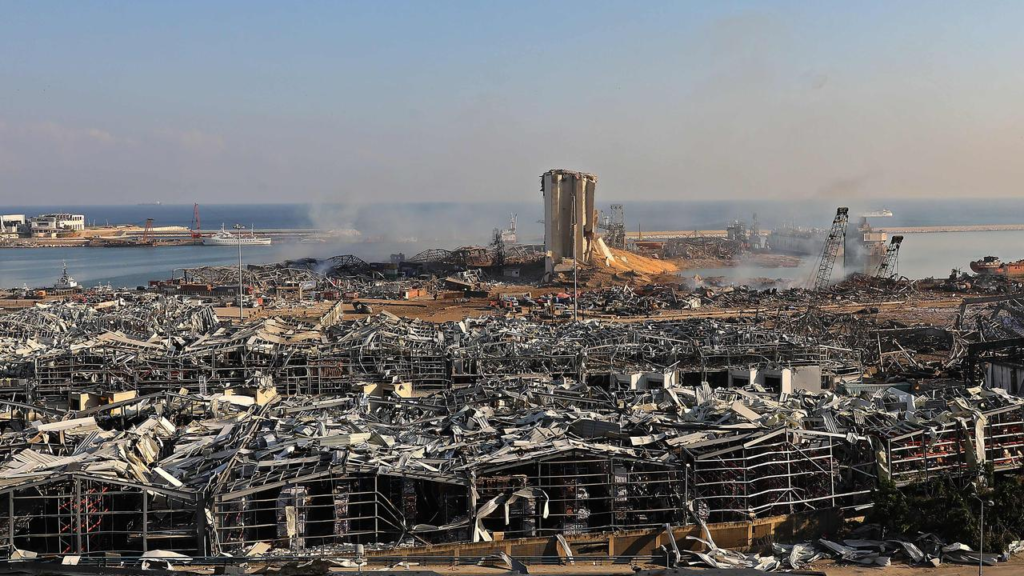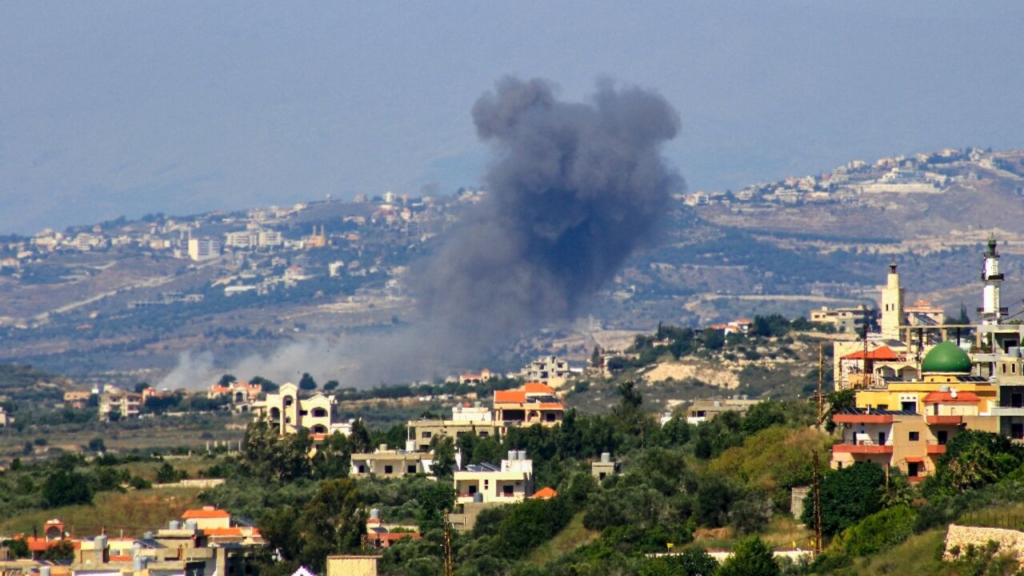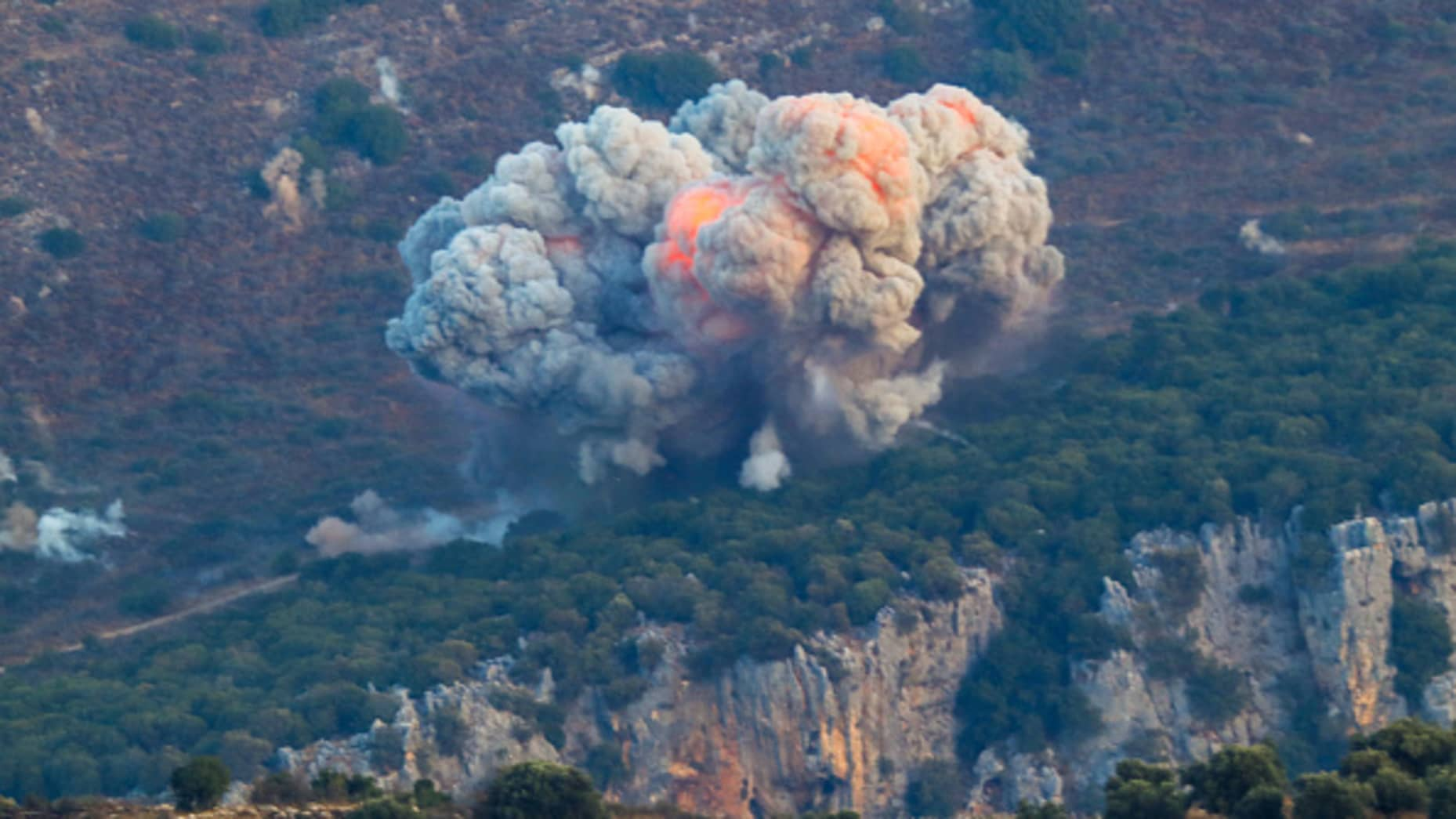The Lebanon death toll has tragically risen to 492 due to a series of devastating airstrikes carried out by Israel against Hezbollah.
This conflict, marked by intense violence, has seen the highest number of casualties since the 2006 war, far surpassing previous tragedies, including the 2020 Beirut port explosion. The situation continues to evolve, drawing international attention and concern for the well-being of the Lebanese people.
The Current Situation in Lebanon
As part of Operation Northern Arrows, Israeli forces have targeted over 1,300 Hezbollah positions across Lebanon. This relentless campaign has resulted in significant civilian casualties, including more than 90 women and children.
Read : Thousands Flee to Beirut Leaving Home in Lebanon Amid Israeli Strike
The Lebanese health ministry’s reports highlight the urgency of the crisis, as the Lebanon death toll from the airstrikes climbs higher each day. The sheer scale of destruction has thrown the nation into disarray, intensifying the humanitarian crisis facing its citizens.
Read : Hezbollah Fires Over 200 Rockets Into Israel to Avenge Strike That Killed Senior Commander: Watch
In response to the growing hostilities, Israel’s Defense Minister has declared the commencement of a “new phase” of warfare. This declaration has prompted the mobilization of additional Israeli troops along the northern border with Lebanon, aimed at safeguarding Israeli territory from potential Hezbollah retaliation.
The atmosphere in Lebanon remains tense, with many residents fleeing southern and eastern regions to escape the anticipated airstrikes.
Netanyahu’s Message to Lebanon
In light of the escalating violence, Israeli Prime Minister Benjamin Netanyahu has issued a clear message to the people of Lebanon, emphasizing that Israel’s conflict is directed solely at Hezbollah and not at the Lebanese populace.
Message for the people of Lebanon: pic.twitter.com/gNVNLUlvjm
— Benjamin Netanyahu – בנימין נתניהו (@netanyahu) September 23, 2024
“For too long, Hezbollah has been using you as human shields,” Netanyahu stated, condemning the group for placing its military assets within civilian areas. He urged Lebanese citizens to evacuate areas prone to strikes, asserting that the operations are necessary to protect Israeli citizens from Hezbollah’s missile attacks.
Netanyahu’s address reflects a broader strategy aimed at disassociating Israeli military actions from the suffering of ordinary Lebanese citizens. He called for the population to prioritize their safety, stating, “Once our operation is finished, you can come back safely to your homes.” This rhetoric, while intended to reassure, underscores the dire circumstances facing those caught in the crossfire.
The Humanitarian Crisis Unfolding
The humanitarian implications of the ongoing conflict are severe. With the Lebanon death toll escalating and over 1,600 individuals reported injured, the Lebanese health care system is stretched to its limits.
Hospitals and clinics are struggling to cope with the influx of casualties, many of whom require urgent medical attention. The situation is further complicated by damage to infrastructure and the ongoing fear of additional airstrikes.
Moreover, the impact of these airstrikes is being felt far beyond the immediate area of conflict. As thousands of families flee their homes in search of safety, the internal displacement crisis deepens.

Many residents are seeking refuge in overcrowded shelters, grappling with limited access to food, water, and medical care. International humanitarian organizations have expressed concerns over the deteriorating conditions and the urgent need for aid.
International Reactions and Calls for Ceasefire
As the violence continues, international reactions have poured in, with calls for restraint and de-escalation from various governments and organizations.
The United Nations has urged both parties to prioritize civilian safety and adhere to international humanitarian law. However, the likelihood of a ceasefire remains uncertain, as both Israel and Hezbollah maintain their positions.
Hezbollah has responded to the airstrikes with its own military actions, further escalating tensions in the region. The group has claimed responsibility for attacks against Israeli positions, marking a significant escalation in hostilities. This reciprocal violence raises the specter of a protracted conflict, with no immediate end in sight.
The current situation in Lebanon presents a complex array of challenges, both for the Lebanese population and the international community.

The rising Lebanon death toll serves as a grim reminder of the human cost of war and conflict. As the international community watches closely, the pressing need for diplomatic efforts and humanitarian assistance cannot be overstated.
Israeli military officials have indicated a commitment to continue operations until Hezbollah’s capabilities are significantly diminished.
However, the consequences of this strategy raise concerns about the long-term stability of the region. The potential for further civilian casualties and displacement remains high, leading many to question the effectiveness of military solutions in addressing the underlying issues.
As the conflict between Israel and Hezbollah unfolds, the rising Lebanon death toll is a tragic indication of the war’s human cost. With escalating violence and a growing humanitarian crisis, it is imperative for the international community to seek solutions that prioritize peace and the protection of civilians.
The situation remains fluid, and the prospects for resolution are uncertain, but the need for dialogue and humanitarian aid is more critical than ever.

